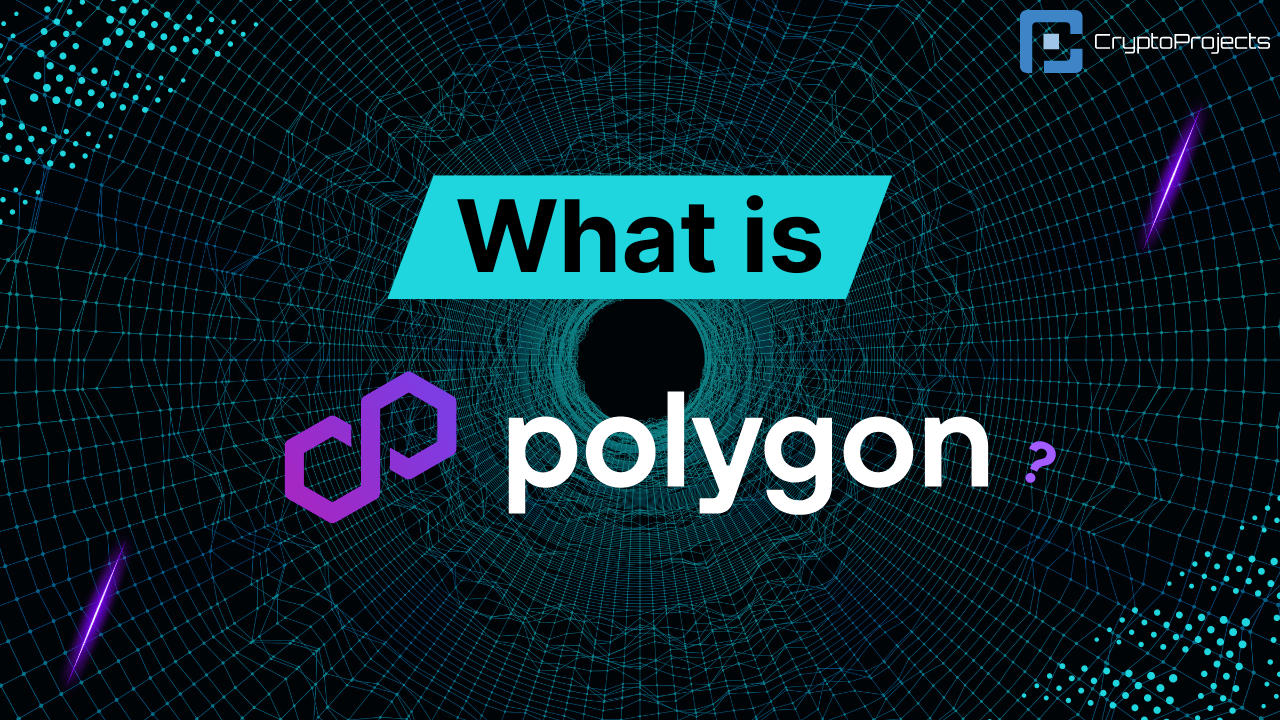What is Polygon?
Polygon is a decentralised Ethereum platform that seeks to solve Ethereum’s scalability issues. It achieves this by using a combination of sidechains, optimistic rollups, and zero-knowledge rollups (ZK-rollups). Polygon’s native cryptocurrency is MATIC.
How does it work?
Polygon works by using a network of sidechains to offload some of the traffic from Ethereum. These sidechains are connected to Ethereum via bridges, which allow for the transfer of assets between the two networks. Polygon also uses a proof-of-stake consensus mechanism to secure the network.
What are the benefits of using Polygon?
There are several benefits to using Polygon, including:
- Lower transaction fees: Polygon has much lower transaction fees than Ethereum. This makes it more affordable to use decentralised applications (dApps) on Polygon.
- Faster transactions: Transactions on Polygon are processed much faster than transactions on Ethereum. This makes it a more user-friendly experience for interacting with dApps.
- More scalability: Polygon is a scalable solution for Ethereum, which means it can handle more traffic than Ethereum. This makes it a more viable option for dApps that need to handle a lot of users.
What is Polygon used for?
Polygon is used for a variety of purposes, including:
- Running dApps: Polygon can be used to run decentralised applications (dApps). This makes it a more affordable and scalable option for developers who want to build dApps on Ethereum.
- Staking: MATIC can be staked to earn rewards.
- Governance: MATIC holders can vote on proposals that affect the Polygon network.
What applications are on Polygon?
There are a variety of dApps that are running on Polygon, including:
- 1inch
- Aave
- Curve Finance
- QuickSwap
- SushiSwap
- Uniswap

